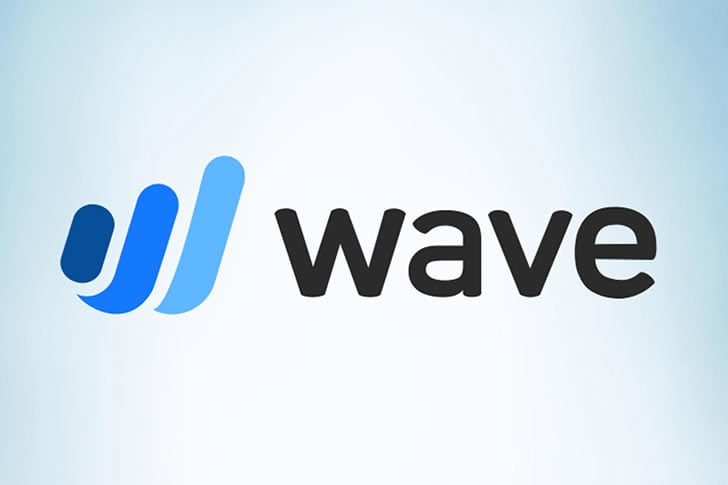The Best Accounting Software for Small Business Success
For small businesses, selecting the right accounting software is essential to streamline financial operations and ensure accurate bookkeeping. This article reviews some of the best accounting software available for small businesses, focusing on their features, pricing, and benefits.

Why Small Businesses Need Accounting Software
Accounting software offers numerous advantages for small businesses, including:
- Automated Bookkeeping: Simplifies and automates routine accounting tasks like invoicing and expense tracking.
- Accurate Financial Reporting: Provides accurate and timely financial reports for better decision-making.
- Time Savings: Reduces the time spent on manual data entry and financial reconciliation.
- Enhanced Financial Management: Helps in managing cash flow, budgeting, and financial forecasting.
- Compliance and Tax Preparation: Assists in maintaining compliance with tax laws and simplifies tax preparation.
Q&A: Insights into Small Business Accounting Software
Q: What features should I look for in accounting software for my small business?
A: Key features to consider include invoicing, expense tracking, financial reporting, payroll integration, and user-friendly interfaces. The ability to integrate with other business tools and scalability to grow with your business are also important.
Q: How can accounting software help my small business?
A: Accounting software helps by automating routine financial tasks, providing accurate financial reports, saving time, improving financial management, and ensuring compliance with tax laws.
Q: Is it necessary to have payroll features in my accounting software?
A: If your business has employees, having integrated payroll features can simplify salary calculations, tax withholdings, and compliance with payroll regulations.
Q: Can accounting software be customized to fit my business needs?
A: Many accounting software solutions offer customization options, such as creating custom invoices, adding specific reports, and integrating with other tools you use.
Q: How do I choose the best accounting software for my small business?
A: Consider your business’s specific needs, budget, and the features offered by different software. Look for user reviews, trial versions, and consult with a financial advisor if needed.
Chart: Examples of Accounting Software with Prices and Features
| Software Name | Starting Price (Monthly) | Key Features | Ideal For |
|---|---|---|---|
| QuickBooks Online | $25 | Invoicing, expense tracking, financial reporting | Small to medium businesses |
| Xero | $13 | Multi-currency, invoicing, inventory tracking | International operations |
| FreshBooks | $17 | Time tracking, project management, invoicing | Freelancers, project-based |
| Zoho Books | $20 | Automated workflows, project billing, inventory management | Zoho users |
| Wave | $0 | Invoicing, expense tracking, payroll | Budget-conscious users |
| Sage Business Cloud | $10 | Cash flow forecasting, invoicing, bank reconciliation | User-friendly needs |
| Kashoo | $20 | Real-time reporting, income and expense tracking | Simple financial management |
| FreeAgent | $12 | Project management, invoicing, time tracking | Freelancers, small teams |
| ZipBooks | $15 | Financial reporting, invoicing, expense tracking | Easy-to-use interface |
| KashFlow | $21 | Invoicing, payroll integration, automated reminders | Simple, straightforward use |
Professional Analysis
Choosing the right accounting software for your small business involves evaluating your specific needs and comparing them with the features and benefits of different solutions. Important considerations include:
- Ease of Use: Ensure the software is user-friendly and easy to navigate.
- Scalability: Select a software that can grow with your business.
- Integration: Check if the software integrates with other tools you use, like payment processors or CRM systems.
- Customer Support: Reliable customer support is crucial for resolving any issues that arise.
- Cost: Compare the cost of the software with its features and your budget.
Conclusion
Selecting the best accounting software is vital for managing your small business finances effectively. The right tool will simplify your financial processes, save time, and help ensure accurate and compliant record-keeping. Consider the options reviewed in this article to find the best fit for your business needs.
References
- QuickBooks Online: https://quickbooks.intuit.com/
- Xero: https://www.xero.com/
- FreshBooks: https://www.freshbooks.com/











Recent Comments